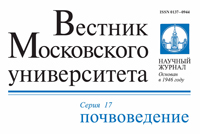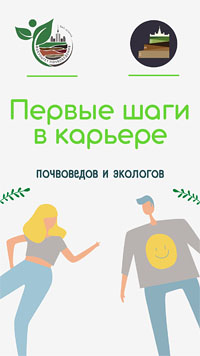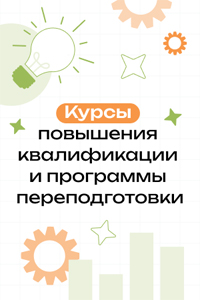Soil science is a science studying the regularities of formation and functioning of soils, their environmental functions, their role in the agricultural production and the role it plays in developing of landscapes.
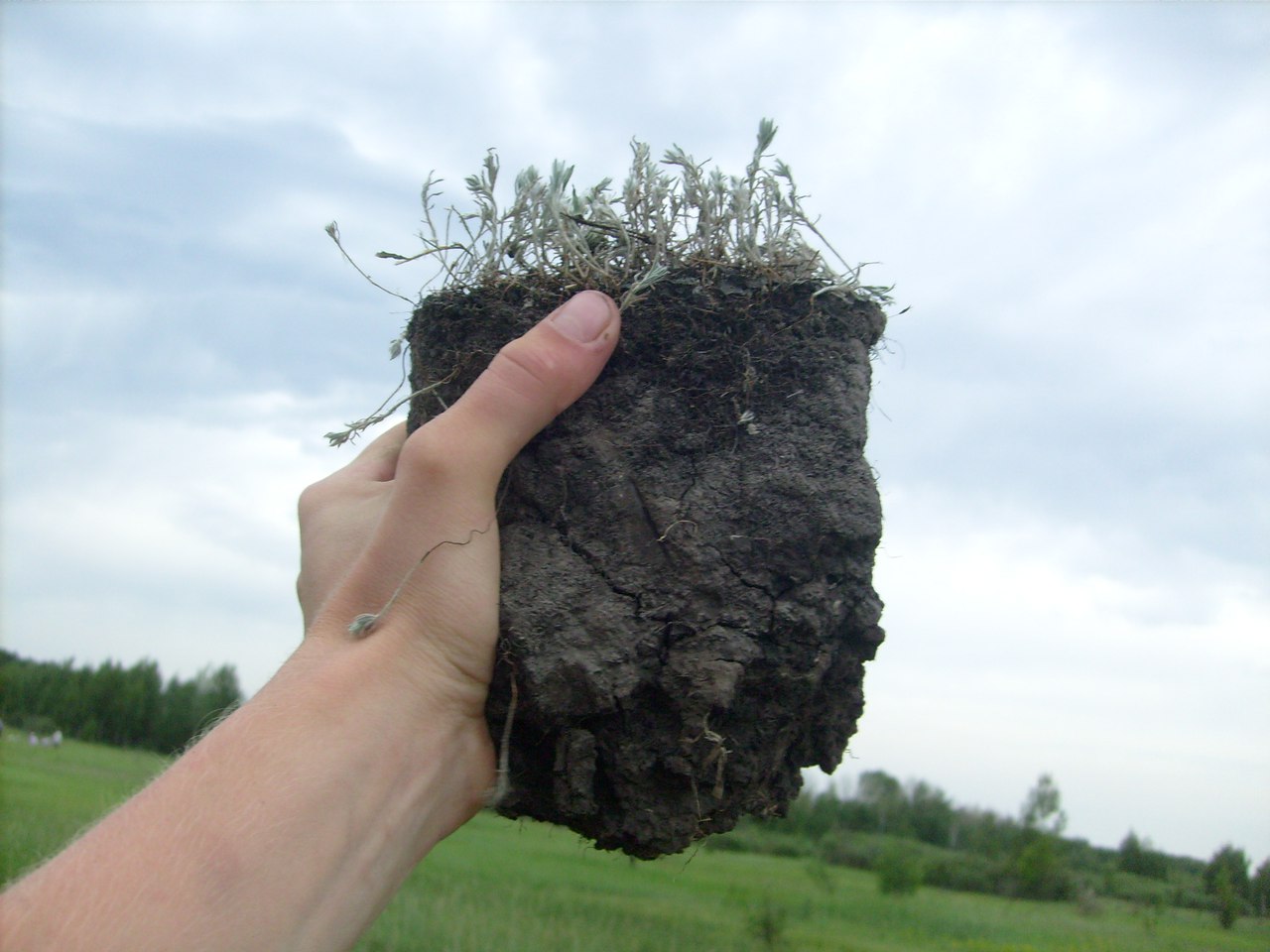 The program in Soil Science is based on the following disciplines: pedology, soil physics, soil chemistry, soil biology, agro-chemistry, etc. A considerable time is devoted to special courses and research work resulting in bachelor’s and master's thesis. An important role is given to the basics of computer science and mathematical modelling of natural and soil processes, students acquiring the necessary computer skills and mastering modern information technologies.
The program in Soil Science is based on the following disciplines: pedology, soil physics, soil chemistry, soil biology, agro-chemistry, etc. A considerable time is devoted to special courses and research work resulting in bachelor’s and master's thesis. An important role is given to the basics of computer science and mathematical modelling of natural and soil processes, students acquiring the necessary computer skills and mastering modern information technologies.
Soil science largely concentrates on assessing land resources, which is especially important nowadays due to the changes in land use patters. Assessment of land resources involves evaluation of soil quality, its economic and ecological assessment and cost estimation. Thus, our graduates take part in the development of national land registration system.
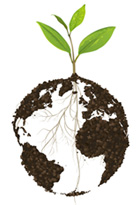
Soil science lays the basis for rational land use, which requires knowledge of soil condition and economic and ecological estimation of land resources, including landscape characteristics and their aesthetic role. A developing branch of soil science is landscape architecture, which creates landscapes with customized aesthetic and functional features. Besides, soil scientists work on solving pollution problems, introduce standards for environmental regulation of land and water resources and forests, study the greenhouse effect and changes in the biological variability.
Environmental problems caused by human impact on the environment are the ones of the potential threats to sustainable development both in Russia and abroad. That is why we train highly demanded specialists in ecology.
The Ecology& Nature Management program includes theoretical and practical courses in general and applied ecology, the ecology of plants, animals and microorganisms, radiation ecology, toxicology, human ecology, ecological epidemiology, geo-urban planning, etc. Special importance is given to physical and chemical methods of studying the environment, the systems analysis of processes in the biosphere, and environmental management based on environmental expertise, audit, estimation of technogenic systems and ecological risks.
 An ecologist should apply modern techniques to environmental studies, forecasting and modelling various natural and anthropogenic processes. That is why our students have thorough training in geoinformatics, geoinformation systems and modelling, computer-based data processing, and remote sensing.
An ecologist should apply modern techniques to environmental studies, forecasting and modelling various natural and anthropogenic processes. That is why our students have thorough training in geoinformatics, geoinformation systems and modelling, computer-based data processing, and remote sensing.
We pay special attention to developing systems thinking abilities in our students, to ensure their comprehensive approach to the human-environment interaction and the impact of natural and technogenic factors on human health.
Our students can specialize in environmental expertise, environmental management and audit, environmental chemical and biological control, human ecology and ecological safety.
Our graduates can solve a range of problems: make a qualified assessment of various factors that affect the environment, evaluate social and economic activity on multiple territories, make ecological impact estimation for various projects, plan standard measures for environmental protection and rational environmental management, ensure environmental safety in various spheres of human activity, carry out control and audit of the environment, create and implement environmental management systems for industrial enterprises, multiple organizations, administrative and municipal bodies.
Our graduates work in various Russian Academy of Sciences institutions, institutions of higher education, ecological services of municipal and governmental bodies, business companies, audit, insurance, and marketing companies.



